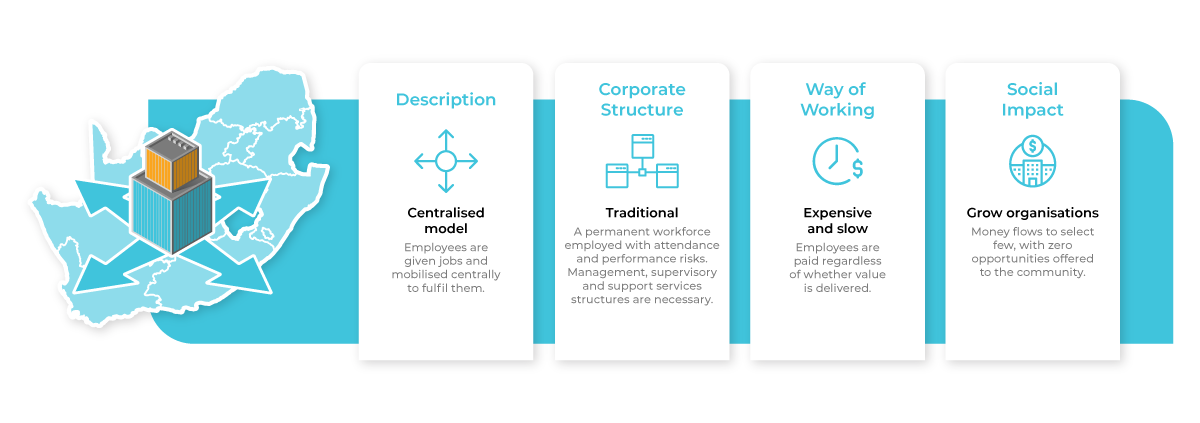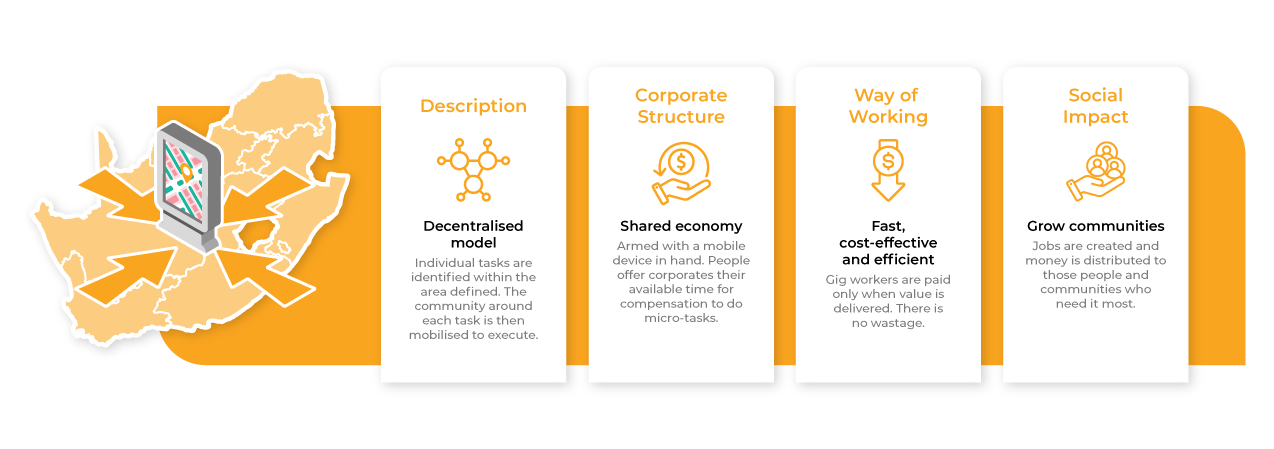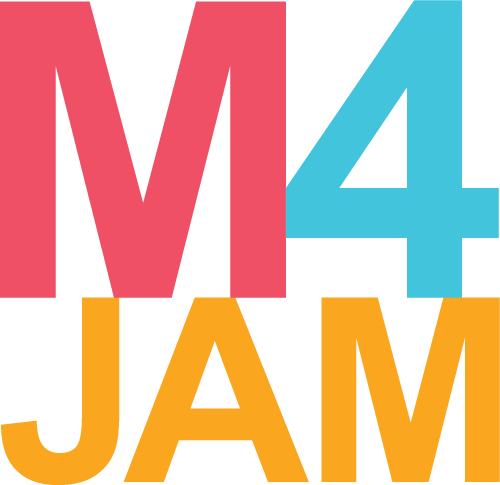How is crowdsourcing driving down the cost to service the informal retail sector?
At M4Jam, we have found the solution to effectively address the challenges of servicing informal retailers in the parallel economy while keeping costs low. Crowdsourcing skilled labour has proven to be highly beneficial, especially in regions like Africa where the informal retail sector plays a significant role and language barriers are prevalent.
Conventional

Crowdsourcing enables us to tap into the skills of localised contractors, providing us with the ability to scale our projects, consistently engage with stores, and execute an affordable model. By leveraging our crowdsourcing platforms, we connect with a vast network of skilled contractors who can help us localise our services at a lower cost.
The power of crowdsourcing lies in its ability to tap into a large pool of talent quickly and efficiently. This allows us to significantly reduce our localisation costs, making it more financially viable to serve brands in the informal retail sector in Africa and other emerging markets.
Crowdsourcing

Additionally, crowdsourcing grants us access to valuable local knowledge and expertise. The contractors we engage with possess a deep understanding of the local culture, which is essential when tailoring our services to resonate with our target audience. By leveraging this local knowledge, M4Jam can create culturally relevant content and services that better connect with customers.
In conclusion, crowdsourcing has the potential to revolutionise how businesses serve the informal retail sector in Africa and other emerging markets. By leveraging the skills and expertise within the communities we aim to support, we can drive down costs while offering a more culturally relevant and impactful service. As the momentum behind crowdsourcing grows, we anticipate more businesses adopting this approach to expand their reach and provide innovative solutions to their customers.
